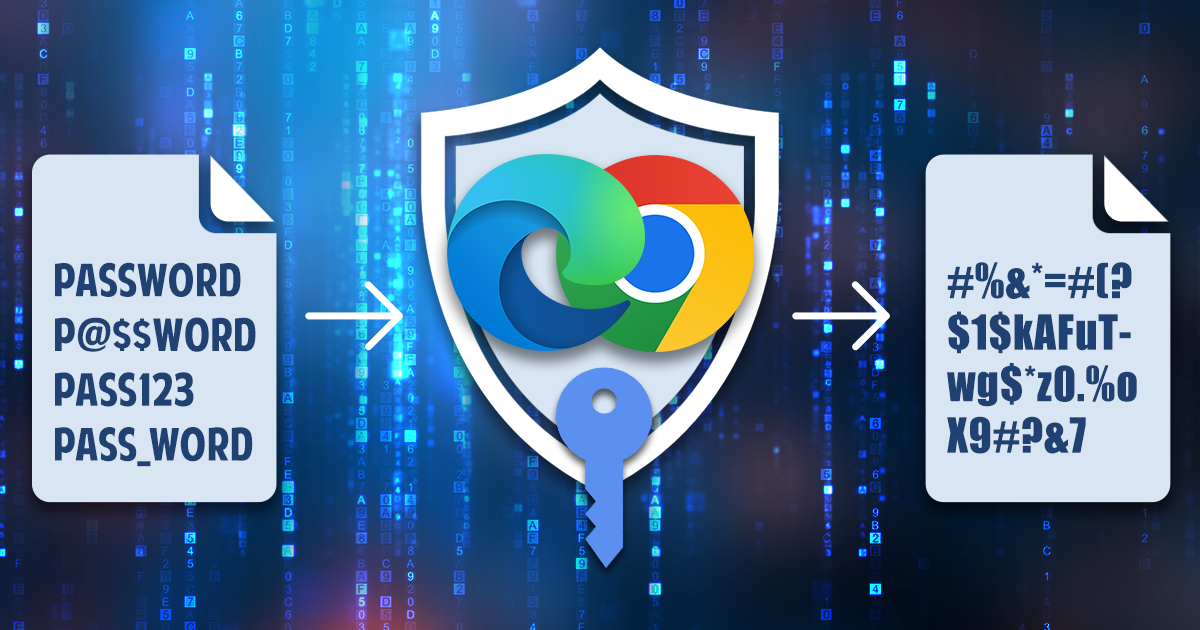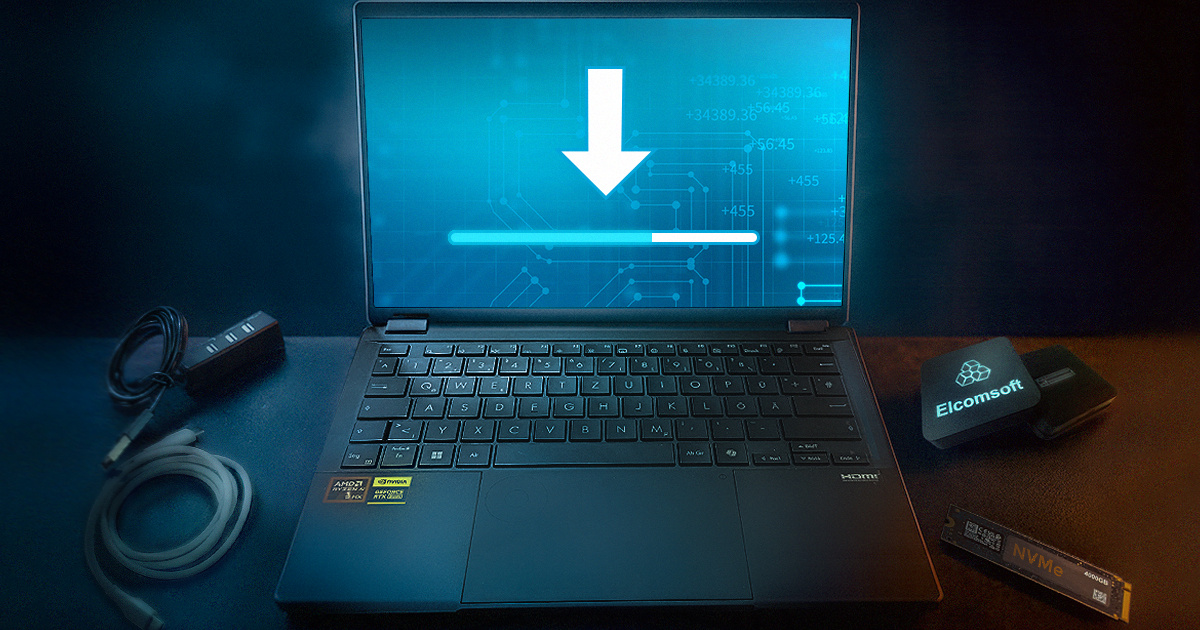It’s been 10 years since we have released one of our flagship products, Elcomsoft Phone Breaker. The first version appeared in April 2011, and was named “iPhone Password Breaker”. Since then, we made tons of improvements. The tool lost the “iPhone” designation, and the “Password” part was dropped from its name because it was no longer limited to iPhones or passwords. Today, the tool can offer unmatched features for the mobile forensic specialists.
The keychain is one of the hallmarks of the Apple ecosystem. Containing a plethora of sensitive information, the keychain is one of the best guarded parts of the walled garden. At the same time, the keychain is relatively underexplored by the forensic community. The common knowledge has it that the keychain contains the users’ logins and passwords, and possibly some payment card information. The common knowledge is missing the point: the keychain contains literally thousands of records belonging to various apps and the system that are required to access lots of other sensitive information. Let’s talk about the keychain, its content and its protection, and the methods used to extract, decrypt and analyze the various bits and pieces.
EIFT, Elcomsoft iOS Forensic Toolkit, Elcomsoft Phone Breaker, Elcomsoft Phone Digger, Elcomsoft Phone Viewer, EPB, EPD, EPV, icloud keychain, iOS, keychain
Apple iCloud contains massive amounts of data, which may become highly valuable evidence. The oldest and most frequently mentioned are iCloud backups, which ElcomSoft were the first to extract back in 2012. A lot has changed since then. Today, iCloud backups account for a very minor part of the evidence available in iCloud. Learn what types of data are stored in iCloud, how Apple protects the data with end-to-end encryption, and how to access that valuable evidence with the updated Elcomsoft Phone Breaker.
We also trust these companies in ways that we do not understand yet. How many of you trust Apple? No voting… Just me 🙂 Damn! OK. May I ask you a very good question. Trusting to do what? Trusting when they say: “iMessages are end-to-end encrypted”? I mean, with all of that massive security engineering, to make sure it’s as good as it can be, so they genuinely believe they’ve done that. I do, generally, they’re great people. But… people believe themselves they can defend themselves against the Russians. If the Russians specifically targeted Apple, it’s only they can defend themselves. – Ian Levy, director at the GCHQ on anniversary of the foundation of the FIPR event that was held on 29/04/2018).
With all attention now being on new iPhone devices, it is easy to forget about the new version of iOS. While new iPhone models were mostly secret until announcement, everyone could test iOS 11 for months before the official release.
In the US, Factory Reset Protection (FRP) is a mandatory part of each mobile ecosystem. The use of factory reset protection in mobile devices helped tame smartphone theft by discouraging criminals and dramatically reducing resale value of stolen devices. Compared to other mobile ecosystems, Apple’s implementation of factory reset protection has always been considered exemplary. A combination of a locked bootloader, secure boot chain and obligatory online activation of every iPhone makes iCloud lock one exemplary implementation of factory reset protection.
Starting with version 7.0, Elcomsoft Phone Breaker has the ability to access, decrypt and display passwords stored in the user’s iCloud Keychain. The requirements and steps differ across Apple accounts, and depend on factors such as whether or not the user has Two-Factor Authentication, and if not, whether or not the user configured an iCloud Security Code. Let’s review the steps one needs to take in order to successfully acquire iCloud Keychain.
Who needs access to iCloud Keychain, and why? The newly released Elcomsoft Phone Breaker 7.0 adds a single major feature that allows experts extracting, decrypting and viewing information stored in Apple’s protected storage. There are so many ifs and buts such as needing the user’s Apple ID and password, accessing their i-device or knowing a secret security code that one may legitimately wonder: what is it all about? Let’s find out about iCloud Keychain, why it’s so difficult to crack, and why it can be important for the expert.
In today’s world, everything is stored in the cloud. Your backups can be stored in the cloud. The “big brother” knows where you had lunch yesterday and how long you’ve been there. Your photos can back up to the cloud, as well as your calls and messages. Finally, your passwords are also stored online – at least if you don’t disable iCloud Keychain. Let’s follow the history of Apple iCloud, its most known hacks and our own forensic efforts.


